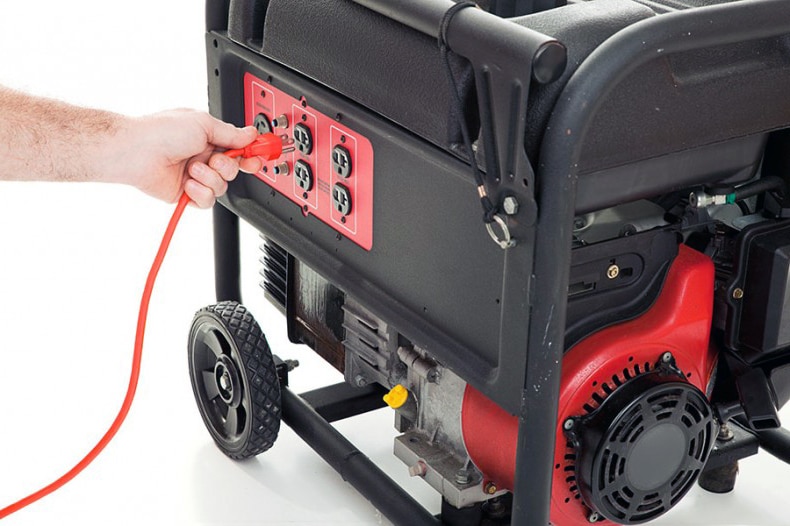

Camping is an enjoyable and relaxing experience. It is also an outdoor activity, in which all necessary supplies, including fuel for camping generators, needs to be carried. The camping generator is the device used to convert fuel into electricity. It is portable in nature and can be used anywhere.
Read more >
Generator operating skills are one of the most important skills for an operator. In this blog, we will outline the key skills needed for a generator operator.
Read more >